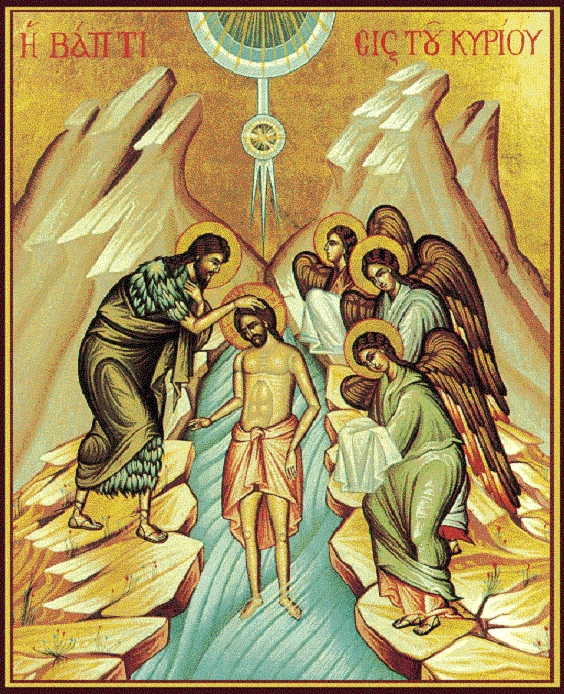“I have baptized you with water, but he will baptize you with the Holy Spirit.” (John the Baptist, Mark 1:8)
Although many of us are unable to follow, we really ought to commend the Pentecostals for doing something with the notion of Holy Spirit baptism. For the rest of us, it is subsumed under the notion of the Spirit as gift, with reception becoming the controlling motif. Baptism in the Spirit becomes a metaphor for this metaphysical donation. And this is a terrible shame for our understanding of the Christian life.
Treating the Spirit as merely a gift has a decisively objectifying tendency. In this scheme the Spirit is that thing, or that person, which produces various states of being within us: faith, assurance, new emotional states, and so forth. This is not entirely wrong, of course, but all the more deleterious by virtue of its off-centeredness. We have said enough to fill the air and obscure our view about the real point. When we do not take the baptism of the Spirit with the utmost seriousness, we obviate the connection to the life of Jesus.
The life of Christ is the true form of human life. This is not to say that we can make declarations about human life on the basis of Jesus’ sex, race, age, culture, or internal states. Neither does it mean that we can somehow abstract these things out and arrive at dehistoricized form of humanity. Rather, precisely in his relation of obedience to the Father and his energizing by the Spirit, we see his entire life displayed as the true form of humanity. Lest any misunderstand—his life is not the instantiation of true humanity. It is not humanity’s highest possibility. It is simply the true form of humanity.
So Heidegger’s understanding of the subject as being-towards-death is a bastardization of true humanity. The individual subject is not prior to its being with others. We do not seek the fullness of our being in death. We cannot grant ourselves authentic existence in any fashion. Seen in Jesus Christ, the true form of humanity is primordially a being for the life of others, and only as such does it move towards death—and resurrection. Jesus, the being-for-others, embraces death so that his friends may live. At every point he is propelled forward in this life by the power of the Spirit.
And back to the baptism of the Holy Spirit. The gift of the Spirit is entrance into Jesus’ life. It is not a cognitive memory aid, except to the extent that as such it reminds us of the form of our life. The Spirit is entrance into a new life-form, a life with others and for others. It is also, as such, an embrace of our own resurrection-aimed deaths. What else could the Apostle Paul mean when he said that he “carries the scars of Jesus” in his body (Gal 6:17)? And is not this what Jesus had in mind when he said that the life of discipleship is an embrace of a cross (Matt 10:39)? Entrance into our own death-to-life movement is the baptism of the Spirit.
The Spirit is a gift, but not one that in possessing we become lords over. He is a gift in such a way that in our reception of the Spirit he becomes our Lord. The Spirit is the Lord. Our task is to pray and ask that the Spirit might take control over our lives, daily baptizing us into the true form of humanity—the form of Jesus Christ.





Leave a Reply
Your email is safe with us.